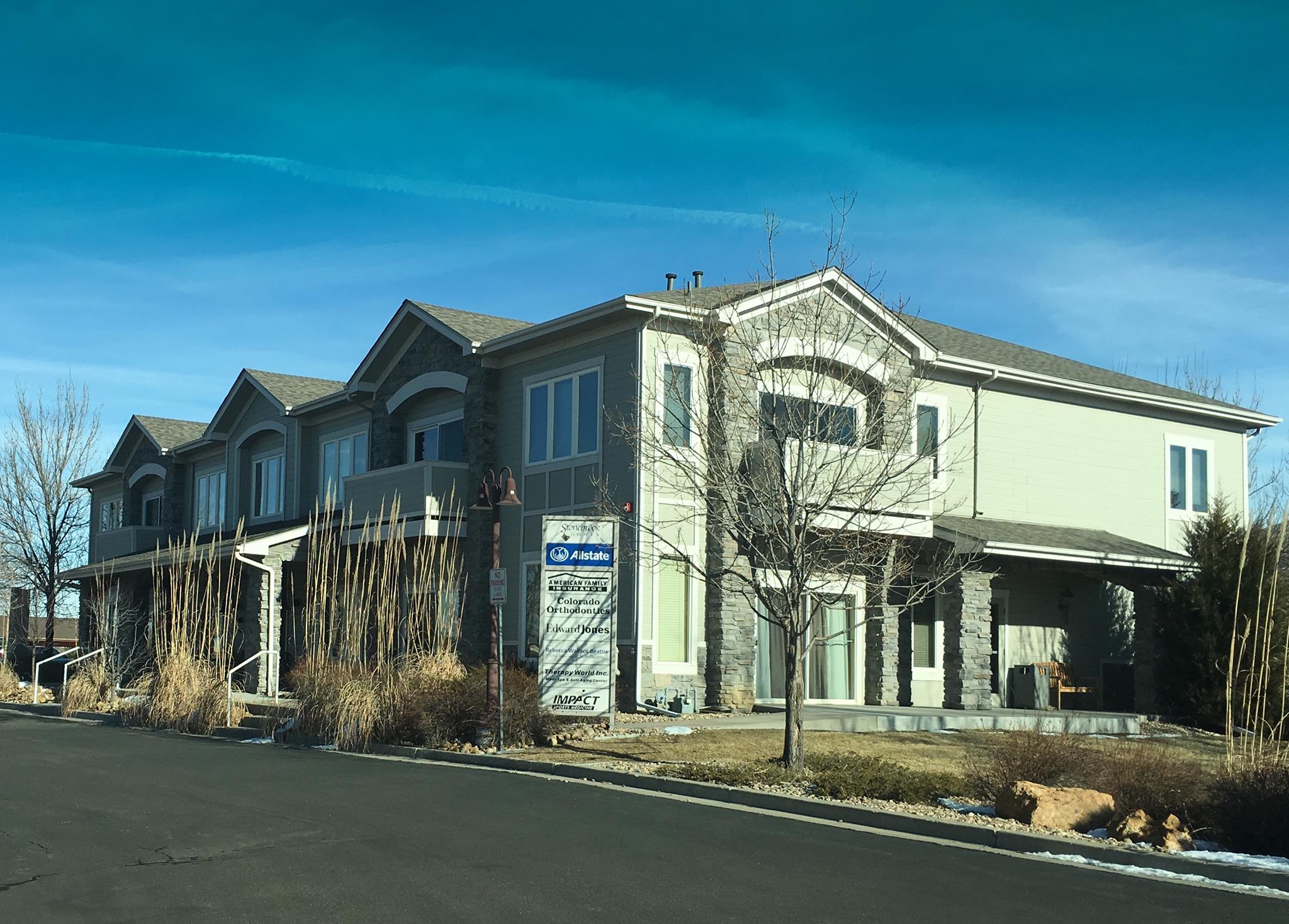Residential Property Management in Denver, CO
Serving Denver, Arvada, Golden, Westminster, Broomfield, & Thornton.
We're a full-service property management company.
At All County Denver Metro, you get the best return on your property investment. We’ll help you avoid problems that could cost you money down the road. We understand just how important your real-estate investment is to your financial well-being. That is exactly why we focus exclusively on residential property management and nothing else.
Learn more
We provide property owners the following benefits:
What we do best.
Our expertise makes it easy.

Residential Property Management
We believe in doing one thing and doing it right, and we specialize in Residential Property Management. ``We Rent Homes!``

Outstanding Communication
We go out of our way to make sure that you are always informed about the status of your property. You get to decide how often you hear from us.

Transparent Pricing
Our fee structure is pretty straightforward. We make money when you make money, and we don't up charge for maintenance.
Why partner with us?
See why it just makes sense.

Get a better return on investment
Real-Estate investment is all about the long-term payoff. If you have a rental property then you want to be sure you are making as much money as you could from it.
Our experts evaluate your property to get you the best rental rates for your property. We place quality tenants that will take care of the property, and we know all of the rules and regulations you need to comply with so that you avoid costly legal issues in the future.
Effective & transparent property management
All County has been improving and refining our property management practices since 1990. We are clear and upfront about our fees, and we will never charge you for maintenance.
Our property managers will always go above and beyond your expectations to make sure that your property is cared for, and that you know exactly what is going on with your property at any given moment.


Get paired with a knowledgeable professional
If you really want to make the most money from your property in the long run then hiring a property manager is a must. When you hire All County to manage your property you get paired with a knowledgeable property management expert to help you maximize your ROI while avoiding the headaches of trying to do it yourself.
Get in touchTestimonials
View all testimonialsSee what people say about us
"All County did a great job with helping us secure a rental, especially since we had a limited time frame to move. They were able to get us moved in..."
"All County has been a wonderful company to work with! Everyone is very friendly and thorough! All County is very good at communicating with me, which is very important to..."
"All County has been a great property manager for the house we've rented. Anytime we've needed assistance with maintenance, their team jumps right on it, and they do..."
"All County has been my real estate agent for a property I rent. I have lived here for sometime and all of my communication with them has been superb. Right..."
"The staff at All county are exceptional!! They all have customer service skills that are unheard of! They take care of every thing inside and outside of our townhome promptly..."
Our story
Learn about who we are
All County Denver Metro Property Management delivers competent and professional property management in Arvada, Golden, Westminster, Broomfield, Thornton, Wheat Ridge, Lakewood, Evergreen, Genesee, Morrison, and the surrounding Denver Metro area. With over 30 years of experience providing property owners and their tenants with high-quality service, the All-County brand has become a trusted source for rental property management services and investment property acquisition services. The real estate management professionals at All County Denver Metro possess the experience and expertise needed to develop and maintain your property to be the investment that you have always wanted it to be!
Denver returns on real estate have long been near the top in the nation, and with our totally transparent fee structure, property owners can achieve truly passive income earnings with no-upfront fees or hidden charges. All County Denver Metro property managers are licensed real estate agents, members of the National Association of Residential Property Managers, and the Colorado Association of Realtors. Property owners that are partnered with All County enjoy a level of flexibility and freedom unavailable to the typical do-it-yourselfer.
Get in touch
Looking to rent your home?
Let All County Denver Metro professionally manage your home today.
Looking for a rental?
Click to see all of our available rentals.
Looking for help?
We are happy to help you and answer your questions.
Disclosures
PTSR Disclosure
Applicant has the right to provide All County Property Management with a Portable Tenant Screening Report (PTSR) that is not more than 30 days old, as defined in 38-12-902(2.5), Colorado Revised Statutes; and 2) if Applicant provides All County Property Management with a PTSR, All County Property Management is prohibited from: a) charging Applicant a rental application fee; or b) charging Applicant a fee for All County Property Management to access or use the PTSR.
Radon Disclosure
The Colorado Department of Public Health and Environment strongly recommends that all home buyers have an indoor radon test performed before purchasing residential real property and recommends having the radon levels mitigated if elevated radon concentrations are found. Elevated radon concentrations can be reduced by a radon mitigation professional. Residential real property may present exposure to dangerous levels of indoor radon gas that may place the occupants at risk of developing radon-induced lung cancer. Radon, a Class A human carcinogen, is the leading cause of lung cancer in nonsmokers and the second leading cause of lung cancer overall. the seller of residential real property is required to provide the buyer with any known information on radon test results of the residential real property.
